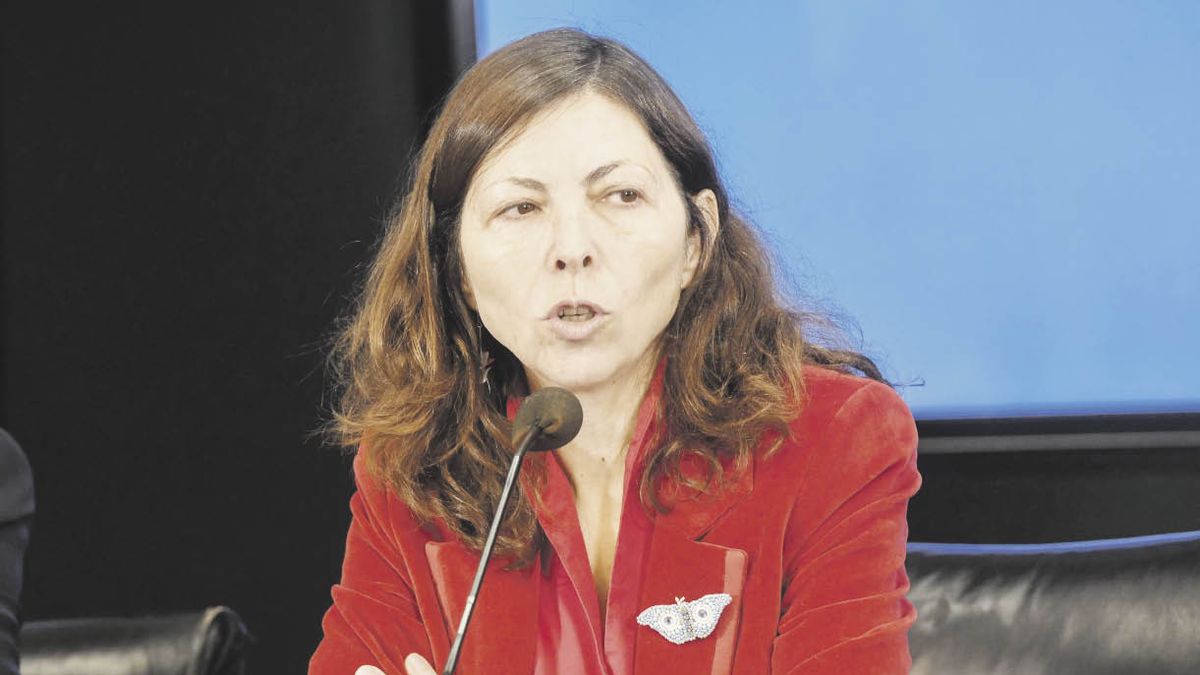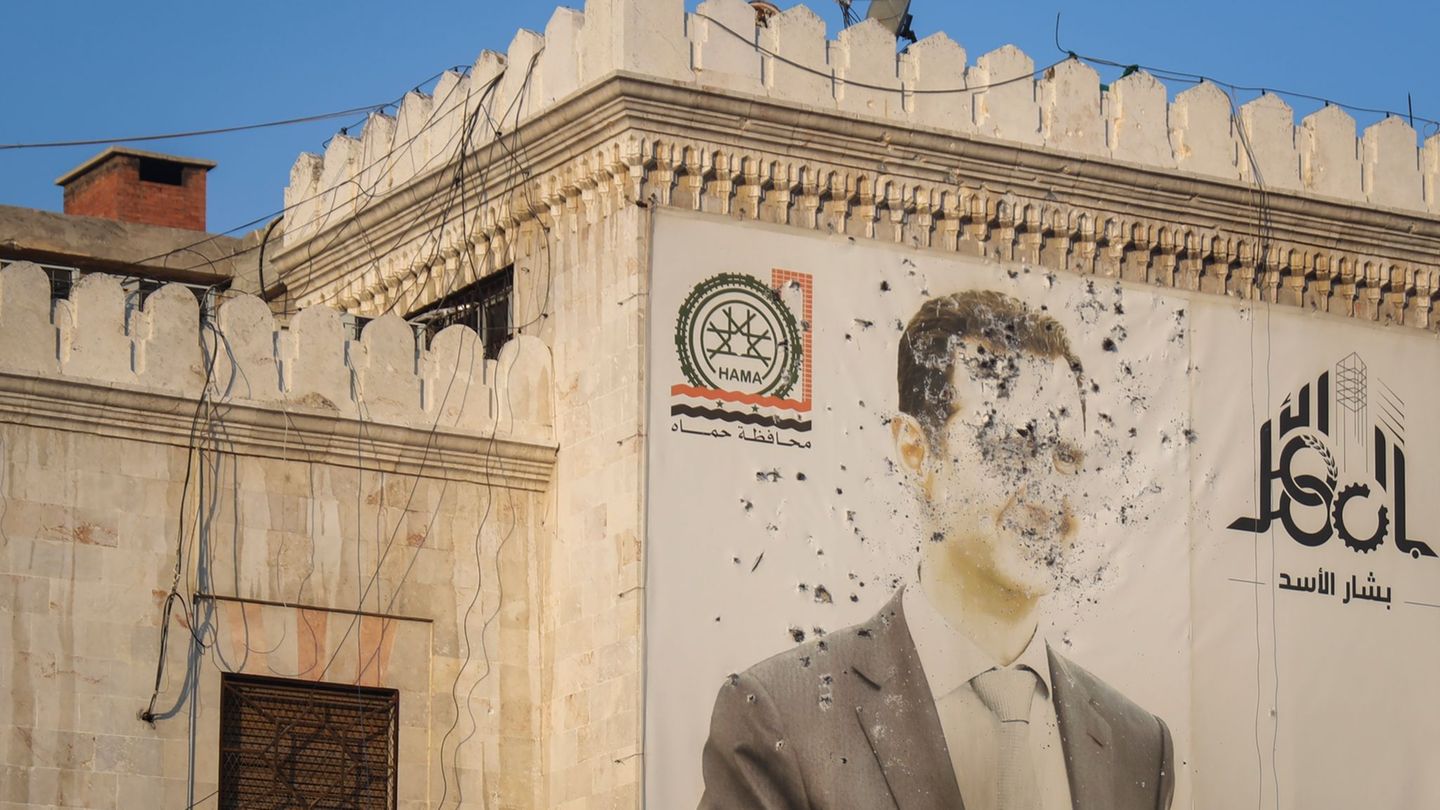The change in the economic context now makes it very difficult for the Minister of Economy to try to achieve the same objective to collect more through the Personal Assets Tax. Even some specialists see it as unlikely. More political wrist will be needed than technical expertise, especially if the governors want to revalidate their power in 2023.
“Batakis talks about the same thing that the 2017 Fiscal Consensus said, about making a comprehensive survey system”, said the director of the Institute for Argentine Social Development (IDESA), Jorge Colina, who warned that this “takes a long time”. In his previous position in the Ministry of the Interior, Batakis had under his area the National Office of Real Estate Valuation (OFEVI), which was the body created five years ago to carry out the revaluation. OFEVI’s mission was Provide the provinces and municipalities with all the necessary data (mainly aerial photos) showing improvements in the houses. At least, that was the objection raised by the governors and mayors at that time, to raise the valuations, which did not have the technical and monetary resources to face the task. Decree 838/2018 states that OFEVI has to provide the provinces with a homogeneous valuation methodology. That office is the one that passes from the Interior to the AFIP to continue the task.
But, strictly speaking, what could be assumed is that the head of the Palacio de Hacienda asks the provincial leaders to do something similar to what Horacio Rodríguez Larreta did, who increased the tax assessment of homes on his own initiative a couple of years ago. Last April, the Federal Administration of Public Revenues (AFIP) decided that in the Federal Capital, the valuation for the collection of the Tax on Personal Assets would be the one implemented by the PRO government.
Private analysts indicated to Ámbito that the tax adjustment process has to be gradual and gradual. In many provinces only 10% of the market value is charged. In others 25%. The rates of increase in the event of a shock measure are astronomical. “The political problem is that, if Gross Income rises, the public does not perceive it. What he sees is that the price of the article he consumes has risen and he does not investigate how much of it is tax. On the other hand, the person who receives a ticket from the Real Estate Agency with a raise notices it quickly, ”explained a former official familiar with the negotiations that took place in 2017.
Martín Caranta, tax specialist at the Lisiki, Litvin y Asociados study, said that “the fiscal value of the properties would have to be the market value, but in that case the rates would have to go down a lot, because if you don’t kill people”. Caranta warns that the personal property tax is not an instrument that serves to attack the problem of State financing. “It doesn’t collect much, because the assets are taxed, not what they generate,” he added. The tax expert, however, warned that “the valuations in the provinces are a disaster because they are based on an outdated base.” On the other hand, he also specified thatRural real estate, that is, fields, are not covered by the Personal Property Taxso the change would affect only the publication of cities.
Source: Ambito
David William is a talented author who has made a name for himself in the world of writing. He is a professional author who writes on a wide range of topics, from general interest to opinion news. David is currently working as a writer at 24 hours worlds where he brings his unique perspective and in-depth research to his articles, making them both informative and engaging.




